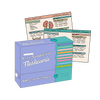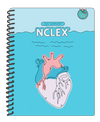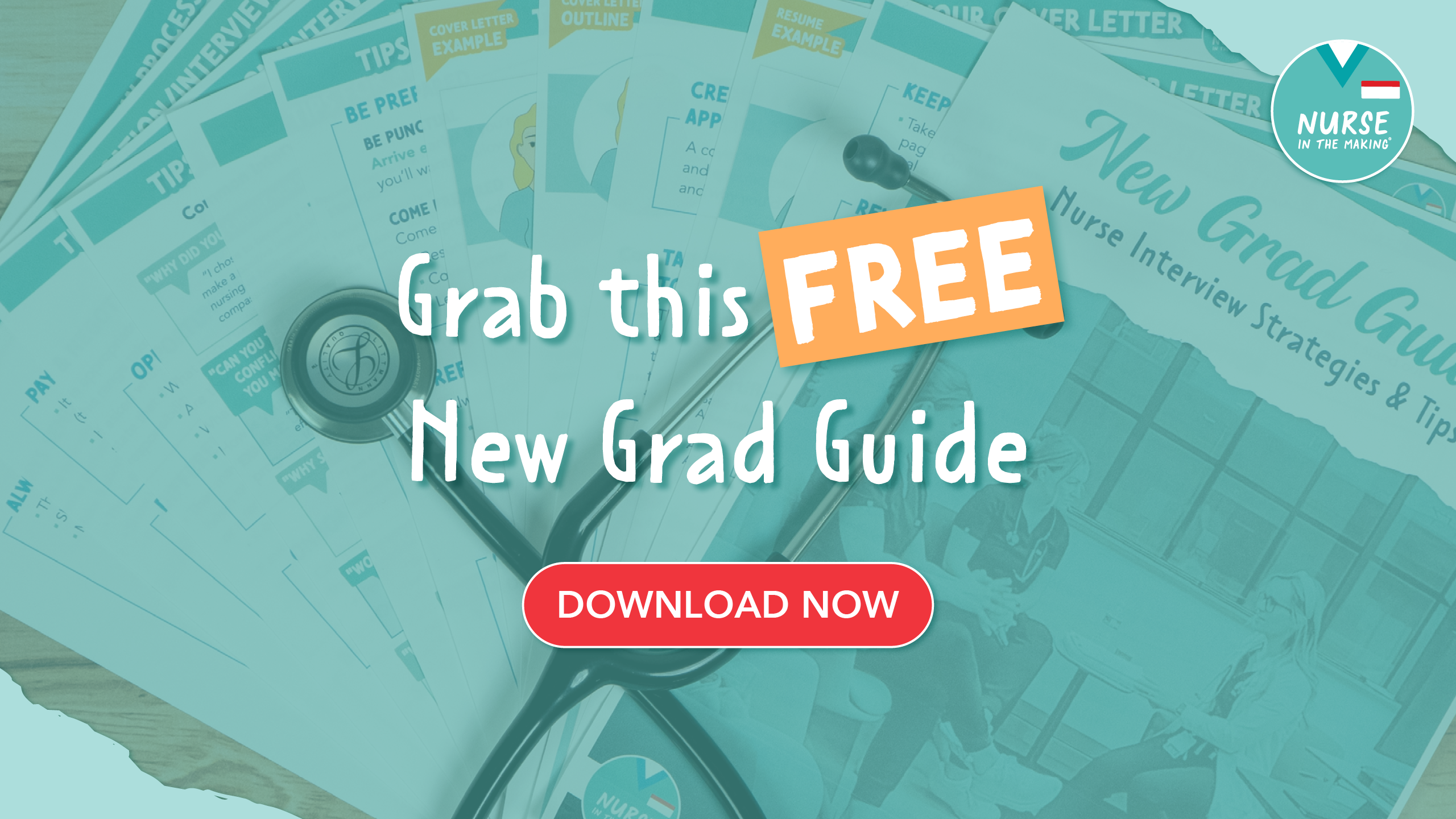You’re either planning for graduation or tucking your cap and gown away, reeling from the hard work and massive time commitment that is nursing school. Thinking about additional responsibilities is likely the last thing you want to be doing right now, especially when it involves the daunting ideas of interviewing, speaking to strangers, and filling out applications.
But if you shift your mindset to view it as an opportunity to finally use those skills you’ve worked so hard to develop, have an income, and start interacting with patients as a nurse, not a student, you’ll want to jump in as soon as possible.
- Your resume (and cover letter) are your first interview.
Yes, that’s right. Think of your resume and cover letter as pieces of paper which interview for you when you aren’t physically there. They are representing you. Make them professional, pack them with key words and experiences which stand out, and think critically about what you truly want these employers to know.
Top tips for writing them:
- Keep it to 1 page
- Write in first person only, not third person
- Provide multiple ways to get in touch (phone number, professional email, etc)
- Don’t skip the cover letter.
Do not— (and I repeat) — do not forego the cover letter. Cover letters are a more personal reflection of you and your “voice”. Express your interest and speak briefly about how you’d fit as a positive part of the team. Be sure to make it sound personal and professional, not robotic, and leave your contact information at the top in the header, as well as at the bottom. Let them know your availability for contact, as well as thank them for their time. Trust me, cover letters are so often overlooked by applicants who think they don’t mean anything, but they are NEVER overlooked by employers. They mean so much.
Top tips for cover letters:
- Tailor each cover letter to the specific job (do not send a general one full of fluff)
- Keep it short & sweet while still laying out clearly why you’re interested and why you’d be a great fit
- Breathe and prepare for your interviews.
Interviews can ignite a spark of stress and anxiety. Speaking to strangers and “selling” yourself as a candidate isn’t a favorite thing for most people. Channel the confidence you’ve gained in your time as a nursing student. Think about what truly sets you apart, what you gained from your experience, clinical hours, and program, and how nursing has become such a part of your life. Perhaps, it always was. Reflect on how you can stand out… because you can.
Top tips for interviews:
- Be on time! Most likely this is a new place so arrive early to give yourself plenty of time to find the right spot.
- Come prepared (Have a folder with your resume, cover letter, letters of recommendation, nursing license & registration, and any certifications (BLS, ACLS, PALS)
- Dress professionally and cleanly but also be prepared to walk around the unit (leave the stilettos at home!)
- Always send a follow-up email
This is typically an email to express appreciation for considering your application, this makes you stand out! This shows professionalism and interest in the position. Be sure to Show your excitement about the position and joining their team!










